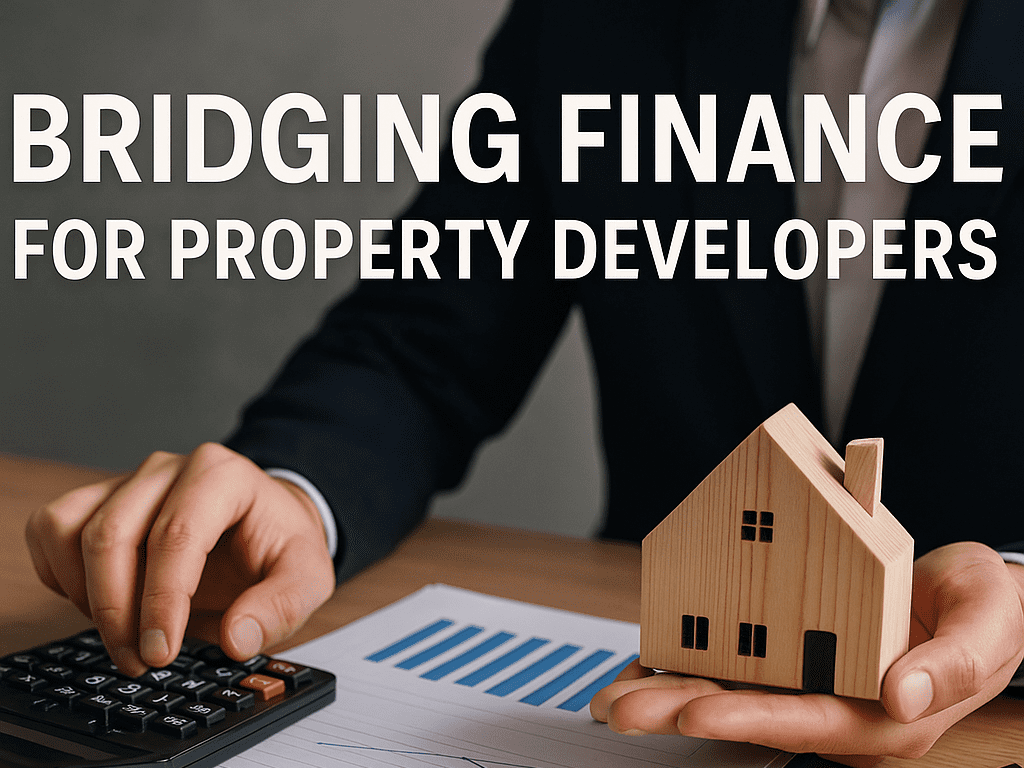Rising costs are piling the pressure on private landlords and investors, increasing concerns that some will be unable to hit the government’s energy efficiency targets.
The residential property sector has come under mounting pressure to raise energy efficiency standards with official statistics suggesting that over half of the homes in England are rated D or below for energy efficiency, with expectations that the regulatory requirements of UK landlords will tighten ahead of the Future Homes and Buildings Standard in 2025.
Mike Feasey, Relationship Director at Secure Trust Bank says landlords and investors are in an increasingly difficult position. “We’re getting a lot of feedback from private landlords that high costs are proving a barrier when considering the benefits of upgrading their property’s energy efficiency credentials.
“The government is piling on the pressure by proposing that all rented homes should fall into the A-C bracket for new tenancies by 2025 and for all tenancies by 2028, but the cost of upgrading is becoming more expensive by the day.”
The BCIS Material Cost Index is forecasted to reach 17.5% by the end of 2022 with a high degree of volatility across all material categories. Private landlords also need to factor in the increase in labour costs for tradesmen to complete any upgrades to their properties.
However, Mike says doing nothing is not an option. “The clock is ticking, and costs can quickly rise through inaction. The cost of retrofitting existing buildings with green and sustainable measures will, in all likelihood, continue to rise and make it more difficult to recoup the cost of that investment throughout the remaining life of a property.”
Secure Trust Bank Real Estate Finance relaunched its popular Green Residential Investment Loan earlier this year with the aim of incentivising small to medium sized investors to invest in energy efficient homes.
With currently over half of the homes in England rated D or below for energy efficiency, Mr Feasey believes private landlords and investors do have options. “Residential investment loans for investors to acquire or maintain an existing stock or release equity to fund further energy efficient residential projects are an option worth considering.”
“Doing nothing is not an option because the danger is that landlords and investors will be left with properties that cannot be let and may prove difficult to sell.”
To read more news and exclusive features see our latest issue here
Never miss a story… Follow us on:
Showhome
@Your_Show_Home
@Showhomemag
Media Contact
Anna Wood
Editor, Showhome
Tel: +44 (0) 1622 823 922
Email: [email protected]











